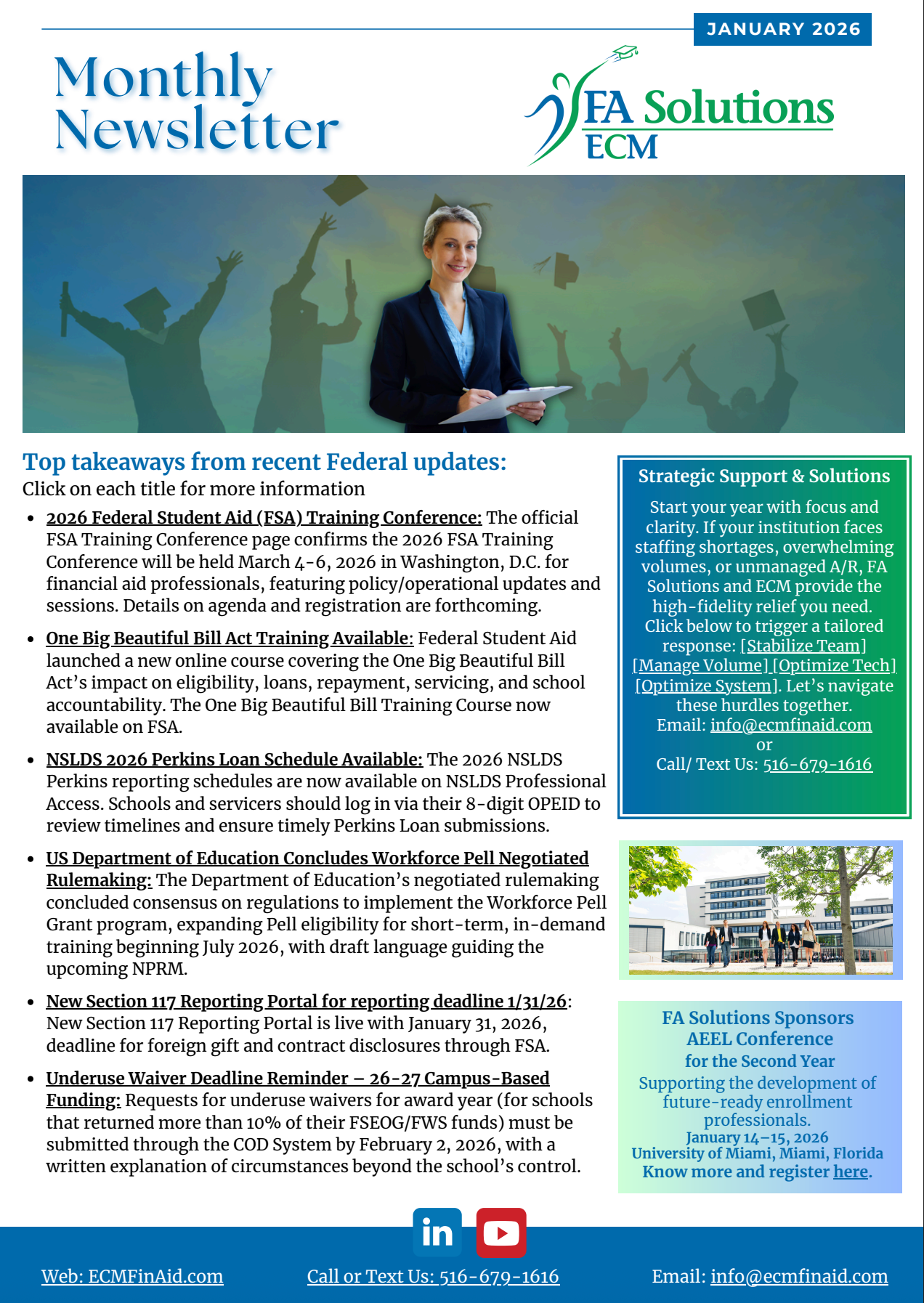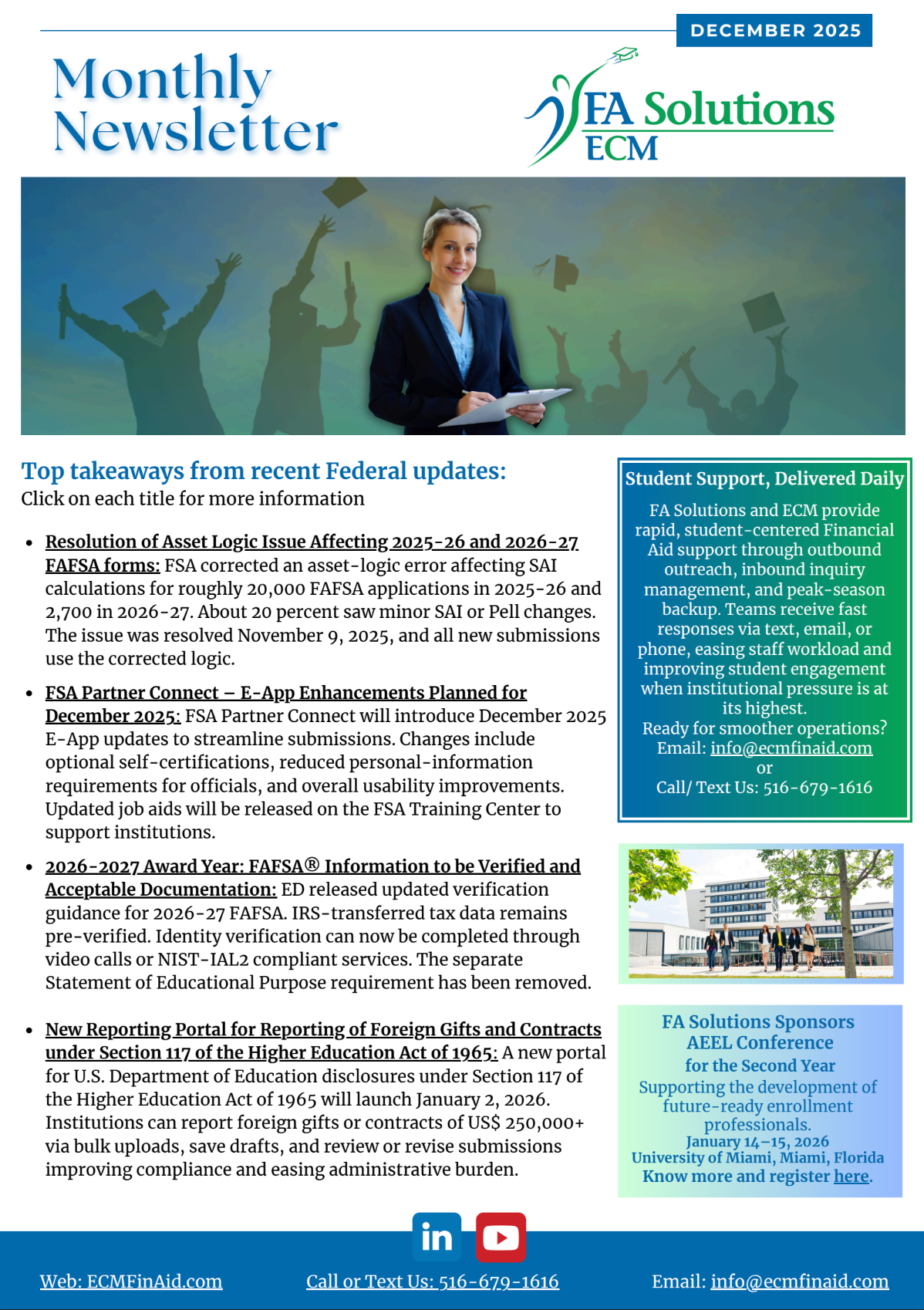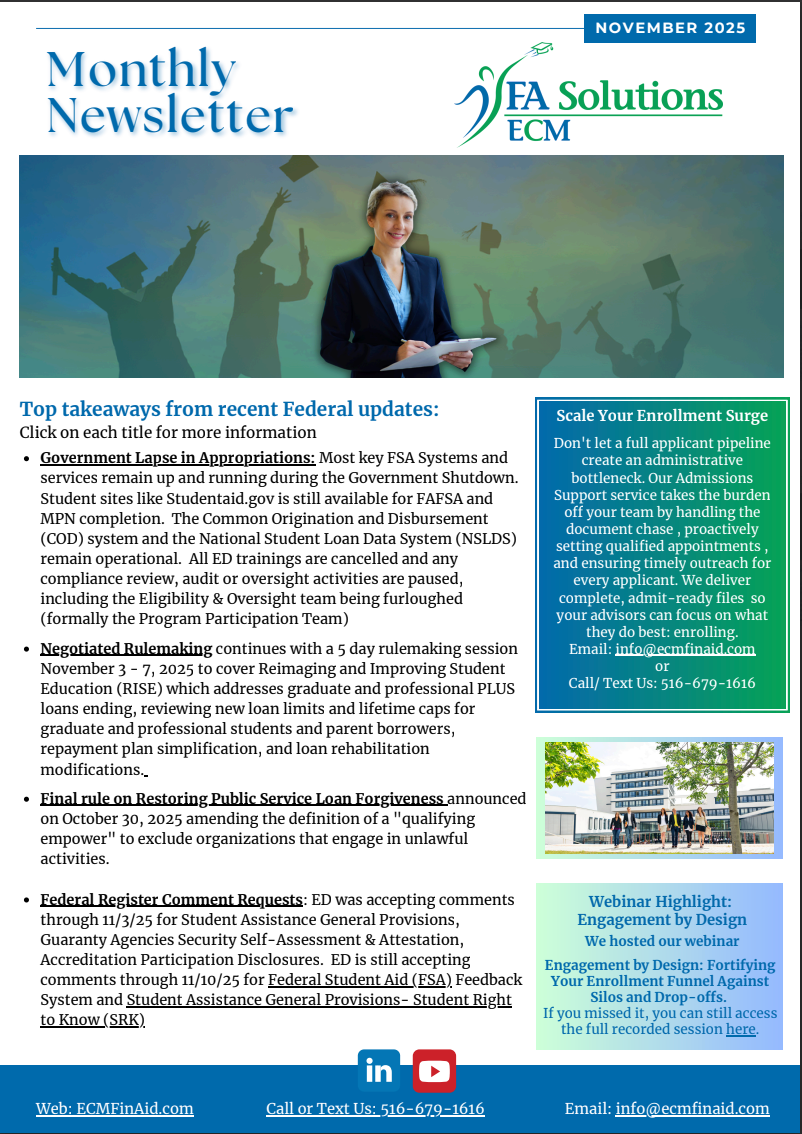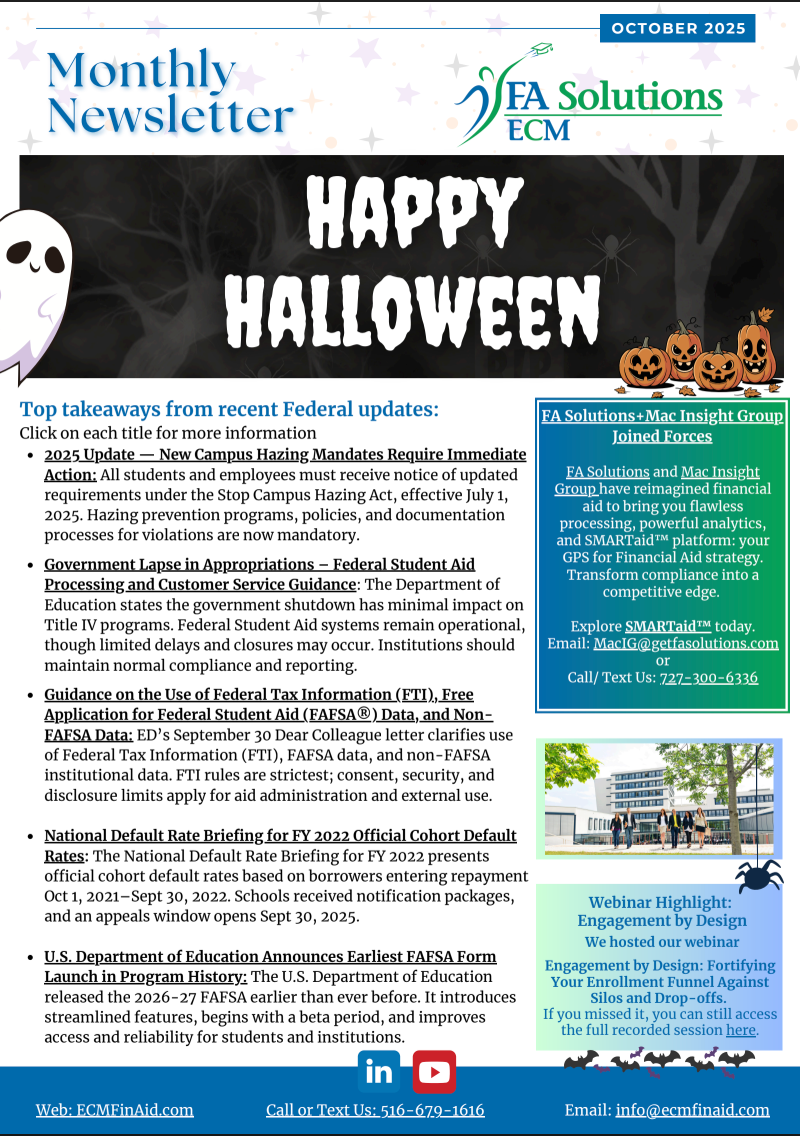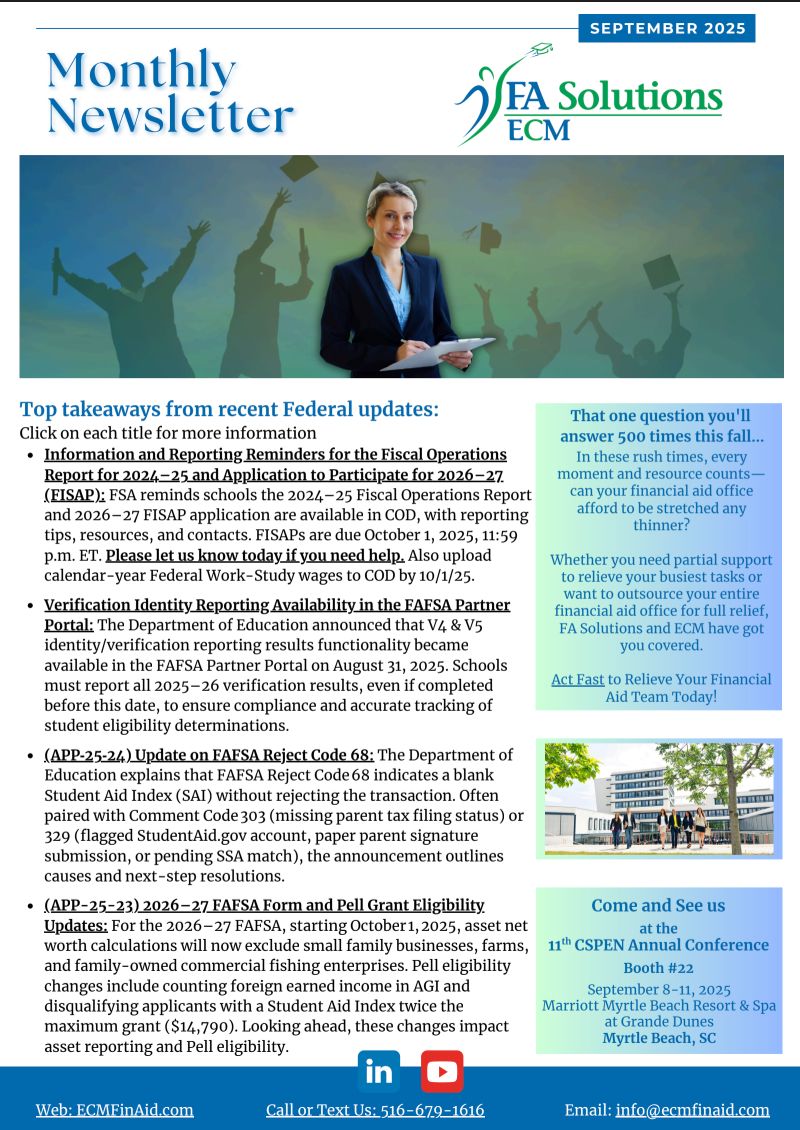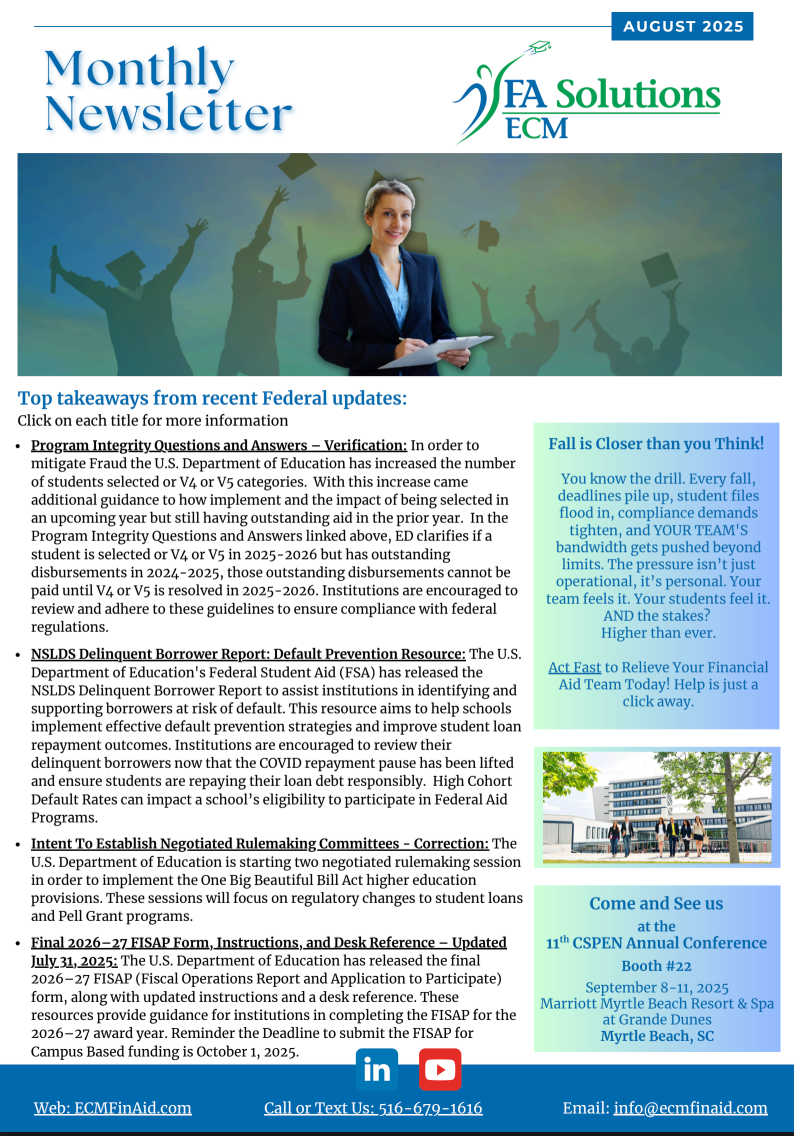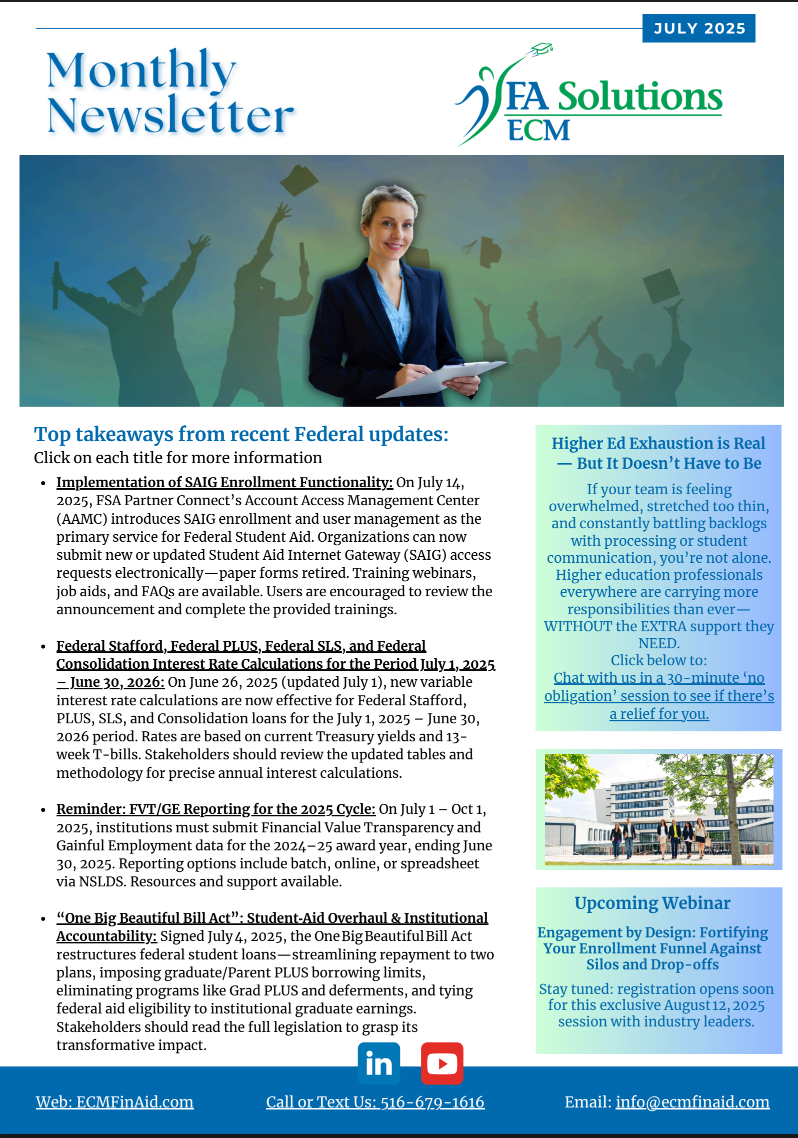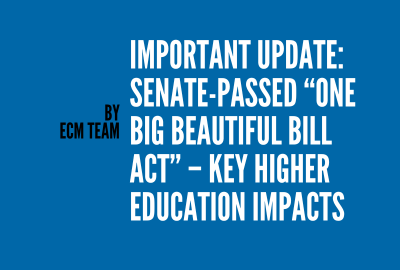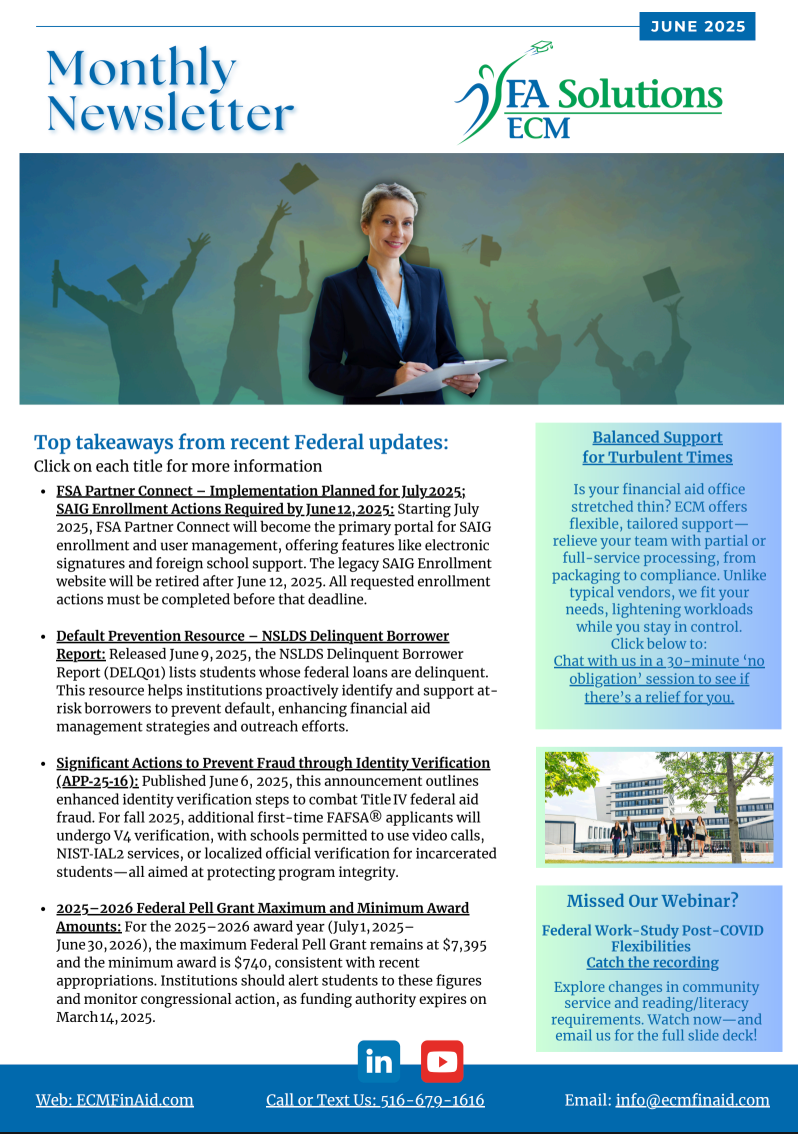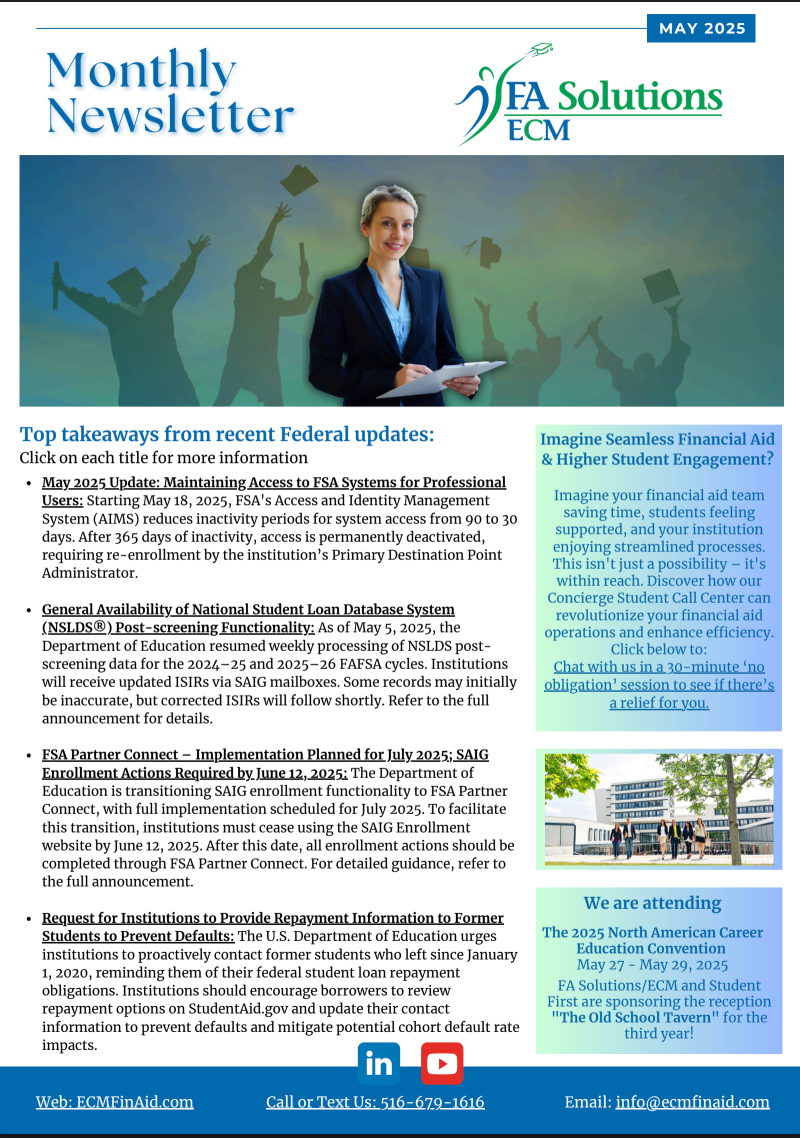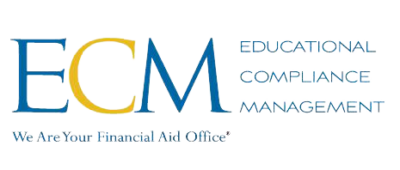Top 5 Ways to Boost Compliance in your Financial Aid Office
Millions of university students rely on financial aid in order to earn a degree, and it’s not hard to see why. The cost of tuition/fees at public four-year educational institutions has risen by 10% since 2010; for private non-profit educational institutions, these costs have risen by a whopping 19%. Improving compliance in your financial aid office enables you to attract talented students from across the nation and meet their financial needs so they can focus on their studies. Educational Compliance Management Inc. recommends the following five practices for financial aid directors who want to boost compliance.
1. Review Your Website and Ensure Your Consumer Information is Accurate and All Links Work
Your website must have accurate information at all times. If financial aid terms and conditions change, or there are other changes in your financial institutions, your website must be modified to reflect these changes as quickly as possible. It’s also important to ensure all links work so prospective students are able to find information and fill out an application without undue delay.
2. Ensure Your Policies and Procedures are Up to Date
Are your policies and procedures up to date? Students who ask for information from your office should only be given current information. They should also be informed if there are upcoming changes in the financial aid process.
3. Create a Compliance Calendar with Important Dates
Every financial aid office should have a compliance calendar with important dates. Online calendars can offer automatic reminders to help staff members prepare for important deadlines; at the same time, a large calendar on the office wall can help everyone see the deadline even if they are not at their computers. Choose a method that works best for your office and make sure everyone is aware of how to track important dates and deadlines.
4. Involve the Greater School Community in the Process
Clear communication is a must to ensure that each department is aware of how the financial aid office works, what the terms and conditions are for financial aid, etc. Keep department heads abreast of important compliance deadlines and other pertinent information, so they know how the process works and can help you give students accurate information.
5. Have a Strong Network of Trusted Resources for Training Opportunities and Collaboration
Ongoing training not only boosts compliance but also improves office morale and helps your staff members reach their full potential. To this end, you’ll need a strong network of trustworthy experts who can provide training and cutting-edge resources and services such as data collection, automated software, and cybersecurity.
Educational Compliance Management is the trusted expert offering a plethora of services to financial aid departments in colleges and universities throughout the United States. Our processing services will help you maximize financial aid eligibility and enable you to distribute loans, grants, and other forms of aid as quickly and efficiently as possible. Get in touch with us at your convenience to discover how our services can boost compliance while lowering work hours and overhead costs

